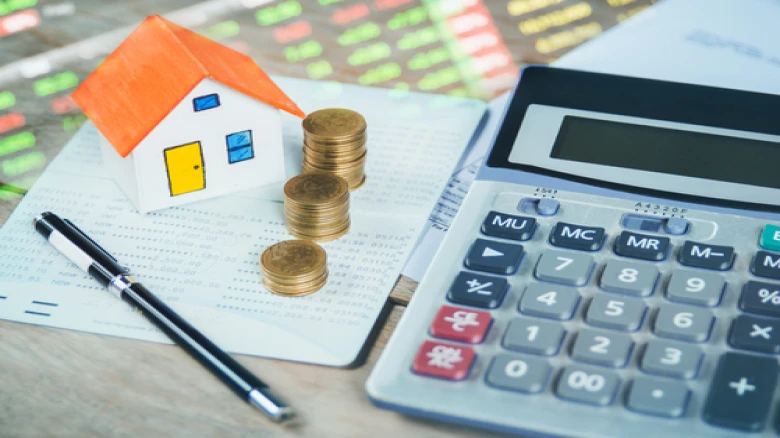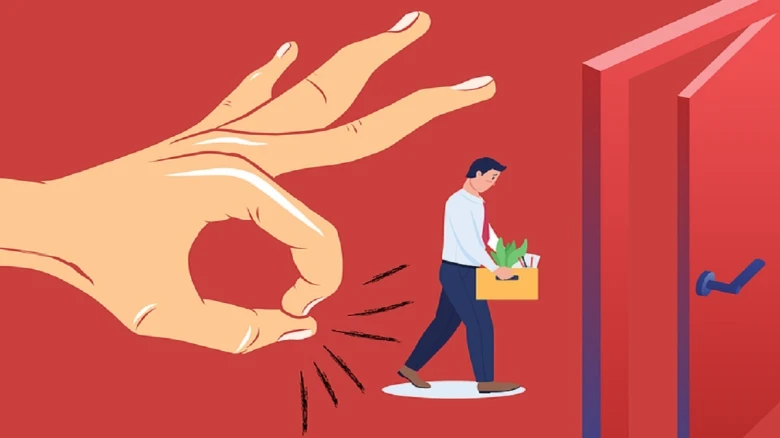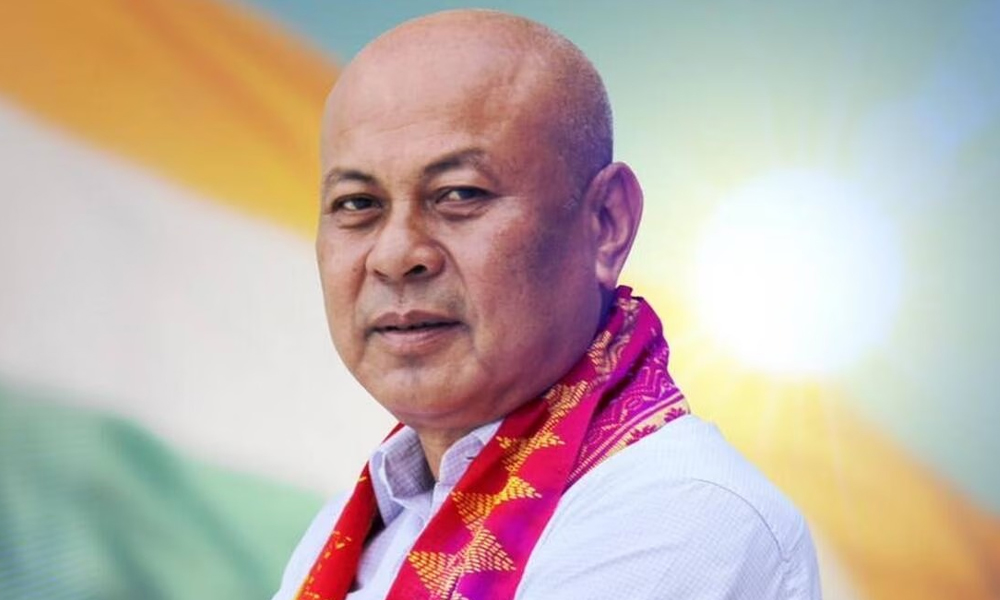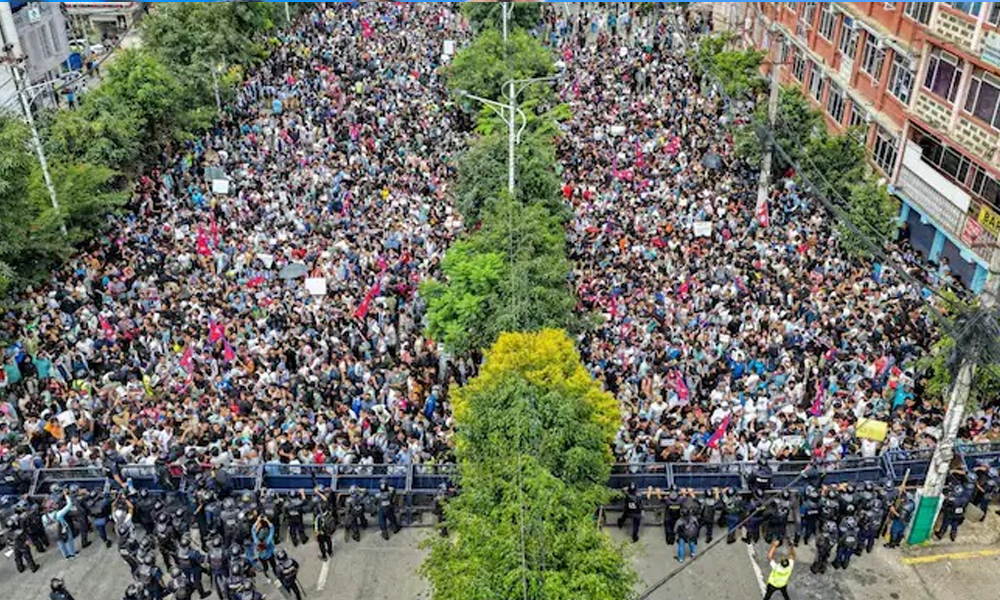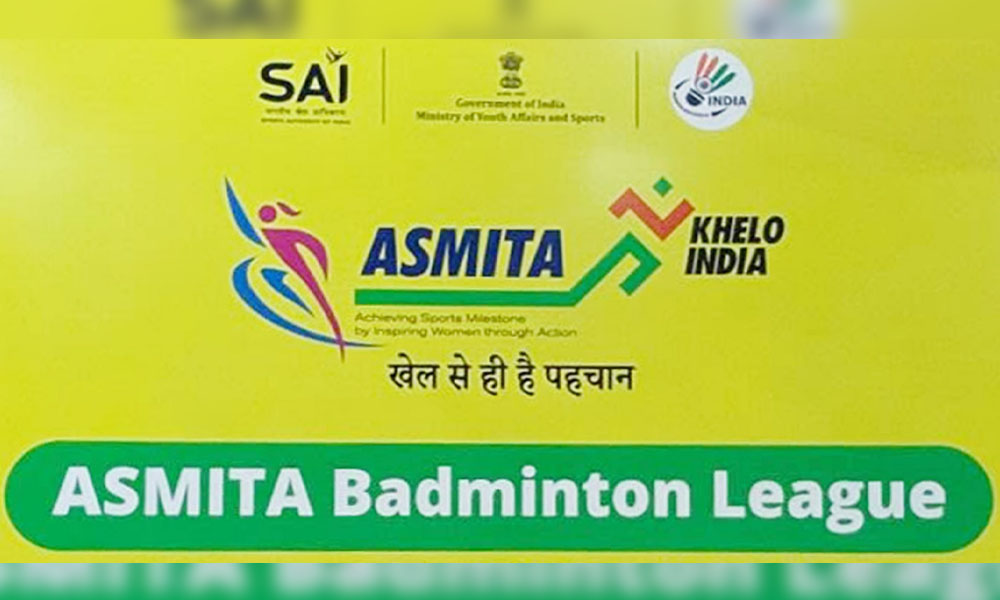Anyone who lives in rental housing and pays rent, on the other hand, can save more tax by reducing the taxable component of HRA.
Digital Desk: If you are a salaried employee, you have probably seen the word
HRA (home rent allowance) on your monthly pay slips.
It is a component of many firms' compensation packages that aid
employees with the cost of renting a dwelling. HRA is a component of an
employee's overall income that is paid to cover housing expenditures.
The House Rent Allowance
is part of the wage structure for most employees and is subject to full or
partial tax deductions under the Income Tax Act. Anyone who lives in rental
housing and pays rent, on the other hand, can save more tax by reducing the
taxable component of HRA.
Abhishek
Soni, co-founder and CEO of Tax2win, explains how HRA is taxed and how those
who live in rental housing can lower their tax bill.
Soni
stated that Section 10(13A) of the Income Tax Act of 1961 exempts a portion of
the HRA subject to specific criteria.
"Employees
can claim an HRA deduction from their gross salary under income tax, which can
help them lower their taxes - partially or entirely," he added.
He
did, however, state unequivocally that HRA exemption is only possible under the
existing tax scheme, and anyone opting for the new tax regime will be unable to
claim it.
He described how the HRA tax exemption works
and provided many tax-saving tips.
HRA tax exemption depends on four components:
1)
Salary (Basic salary + DA)
2)
HRA component of the salary
3)
Rent paid
4)
Location of rental accommodation
How is HRA exemption calculated?
According
to Soni, an individual can claim HRA exemption on the amount spent for a rental
residence.
The
exemption is calculated by taking the lowest of the following values:
1)
The entire amount received in HRA
2)
50% of wage (Basic salary + Dearness Allowance) for metro dwellers, 40% for
non-metro dwellers
3) Annual rent in excess of 10% of annual pay
(basic salary + DA).
Ways to claim HRA exemption
Individuals
must provide rent receipts or lease agreements to their employers in order to
claim the HRA exemption, according to Abhishek Soni. He stated that they must
ensure that the paperwork include their landlord's name, rent amount, and term
for which the rent is paid.
"Also, the HRA received from your employer is fully taxable
if you live in your own house or do not pay any rent," Soni added.
Anyone paying rent in
excess of Rs 1 lakh per year is expected to declare the landlord's or
homeowner's PAN to the employer. Anyone living with their parents and paying
rent to them is eligible for HRA tax relief.
"If you are living on rent in your city or job and own a
house in another city, you may be eligible to claim both HRA (House Rent
Allowance) and Home Loan Interest tax benefits, subject to certain
conditions," Soni explained.
"To claim an HRA exemption, you must submit Form 12BB to your
employer." "This form contains information about your rent paid, the
landlord's name, and the landlord's PAN," he continued.
Individuals can also use
the HRA calculator, which is available on many tax filing platforms, to compute
the amount qualifying for HRA exemption.
“Also, it is suggested to
provide the required information timely in the income declaration form at the
beginning of the year. This will save your time and money,” Soni said.
Also Read: Can you believe it? Man spends Rs 1.35 crore on surgeries to become 5 inches taller

